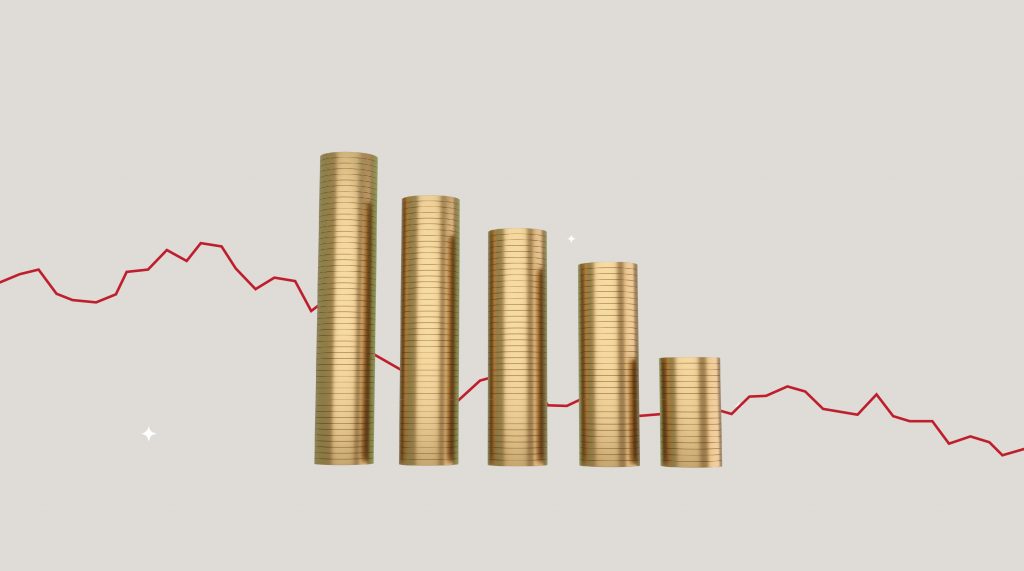
A recession is a period of economic decline characterized by a decrease in GDP, employment rate, and production levels. It is a time when businesses and households experience a slowdown in economic activities, which can lead to financial challenges. Recessions are usually caused by various factors such as a decrease in consumer spending, low investments, high unemployment rates, and inflation.
During a recession, it is essential to take proactive measures to protect your finances and secure your financial future. Here are five ways to protect your finances ahead of a recession:
- Create a Budget and Stick to It
Creating a budget is a crucial step towards protecting your finances in a recession. A budget helps you track your expenses, identify areas where you can cut costs, and manage your money efficiently. Start by listing all your income sources, including your salary, investment income, and other sources. Then, list your monthly expenses, including rent/mortgage, utilities, groceries, and other necessary expenses. Ensure that you prioritize essential expenses and reduce discretionary spending.
- Build an Emergency Fund
During a recession, unexpected expenses can arise, such as medical bills or job loss. Having an emergency fund can help you navigate these challenges and maintain your financial stability. Aim to save at least six months’ worth of expenses in an emergency fund. This money should be easily accessible, preferably in a high-yield savings account.
- Diversify Your Investments
Diversification is a crucial aspect of protecting your finances in a recession. It involves investing in different asset classes such as stocks, bonds, and real estate. This strategy helps to spread risk across different investments and reduces the impact of market fluctuations. Consider working with a financial advisor to develop a diversified investment portfolio that aligns with your goals and risk tolerance.
- Pay Off High-Interest Debt
High-interest debt such as credit card debt and personal loans can drain your finances and make it challenging to save for emergencies. During a recession, it’s essential to prioritize paying off high-interest debt to reduce your financial burden. Start by focusing on the debt with the highest interest rates and work your way down.
- Reduce Expenses and Increase Income
During a recession, it’s crucial to find ways to increase your income and reduce expenses. Consider taking up a side hustle, reducing your housing costs, or negotiating lower bills. Finding creative ways to save money and increase your income can help you weather the financial storm during a recession.
In conclusion, a recession can be a challenging time for businesses and households. However, taking proactive steps to protect your finances can help you navigate the downturn and emerge financially stable. By creating a budget, building an emergency fund, diversifying your investments, paying off high-interest debt, and reducing expenses, you can safeguard your finances and secure your financial future.


